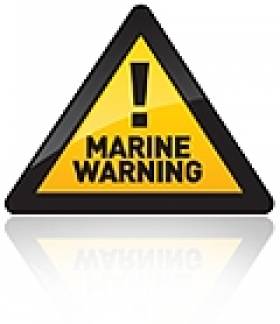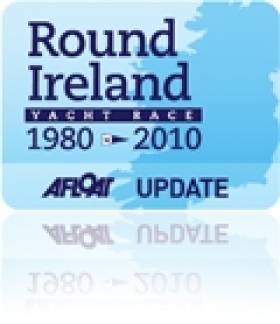Displaying items by tag: Weather Service
Batten Down the Hatches as Storm Approaches Ireland
#storm – Ireland is bracing itself for a fast aproaching southwest gale or strong gale at first this evening on coasts from Loop Head to Fair Head to Roches Point and on the Irish Sea according to Met Eireann. The state forecaster who has issued a status orange alert says northwest or cyclonic gale to storm force winds expected for a time tonight in the South Irish Sea. The forecast follows a Coastguard warning to the public to be careful on exposed westerly coasts, cliffs, piers, harbour walls, beaches, and promenades.
West to Northwest gales are expected to develop later tonight and tomorrow morning on all sea areas; with winds increasing to strong gale force at times tomorrow afternoon on coasts from Wicklow Head to Loop Head to Fair Head and on the South Irish Sea.
Although five days out is still early enough for a forecast, the start of the 30th anniversary Round Ireland Yacht Race looks like it is going to get off to a gentle start. Specialist wind forecaster Mike Broughton says Sunday's noon start maybe yet be a drifter because a large high pressure is setting up for Ireland and will be centred about 230 miles to the west of the country.
Although light northerlies may prevail there is also a chance of light sea breezes both on Sunday and Monday afternoon. Broughton, who is the Irish Commodores Cup team weather forecaster, says the fleet can expect more light southerly winds as it races along the south coast on Monday.
Afloat.ie has teamed up with specialist sailing forecaster Mike Broughton of Winning Wind.Com to bring you a series of detailed Round Ireland race forecasts. Click back to the home page for regular weather updates from Mike.
More on the Round Ireland Yacht Race:
Round Ireland Yacht Race 2010 Review
Round Ireland Yacht Race, Ireland's top offshore fixture
A Round up of 80 stories on the 2010 Round Ireland Yacht Race





























































